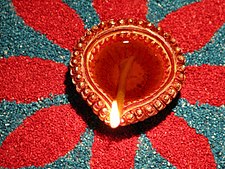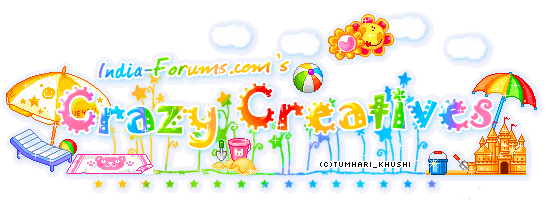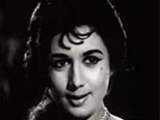Wish you all Shubh and Happy Diwali and Nutan Varshabhinadan
The festival of Diwali extends over five days. Because of the lights, fireworks and sweets involved, it' is favourite with children and grown ups.
The festival celebrates the victory of good over evil, light over darkness and knowledge over ignorance, although the actual legends that go with the festival are different in different parts of India/

Diwali is a New Year festival in the Vikrama calendar, where it falls on the night of the new moon in the month of Kartika.
Diwali is also used to celebrate a successful harvest.
A row of lights
The name of the festival comes from the Sanskrit word dipavali, meaning row of lights.
The lamps are lit to help the goddess Lakshmi to find her way into people's homes. They also celebrate one of the Diwali legends, which tells of the return of Rama and Sita to Rama's kingdom after fourteen years of exile.
Fireworks are a big part of the Diwali
This festival honours Lakshmi, the goddess of wealth.
People start the new business year at Diwali, People pray to the goddess for a successful year.
There is much feasting and celebration, and the Diwali lamps are regarded as making it easy for Lakshmi to find her way to favoured houses.
The goddess Kali is celebrated at Diwali in the Bengali and Oriya areas of India.
Many Indians see Diwali as an occasion to gamble. This comes from a legend in which the goddess Parvati played dice with her husband on this day and she said that anyone who gambled on Diwali night would do well.
Diwali is very much a time for buying and exchanging gifts. Traditionally sweets and dried fruit were common gifts to exchange. Nowadays diwali has become a time for serious shopping, This commercialism side of festival is eroding it's spiritual side
In most years shopkeepers expect sales to rise substantially in the weeks before the festival.
Diwali is also traditionally a time to redecorate homes and buy new clothes.
Two of the legends of Diwali show the triumph of Good over Evil and tell of the destruction of two monsters that preyed on humanity.
The killing of the demon Narakaasura
The demon Narakaasura was the evil king of Pragjyotishpur, near Nepal. He ruled with He terror, abducted 16,000 daughters of the gods and stole the earings of Aditi, mother of the gods.
The gods asked Lord Krishna to help them. After a mighty battle he killed the demon, freed the girls and recovered the earrings.
The rescue of the 16,000 girls is said to be the origin of the story that Krishna had 16,000 wives. After his victory Krishna returned very early in the morning and was bathed and massaged with scented oils. Taking an early morning bath with oil is still a Diwali tradition.
The killing of the demon Ravana
Ravana, with ten heads, was the wicked king of the island of Sri Lanka, He kidnapped the wife of Ram named Sita. Ram had been in exile for 14 years because his mother kaikeyi wanted hee=r son Bharat his to be the next king in Ayodhya.
After a great battle Rama killed the demon and recovered his wife. Rama's return with his wife Sita to Ayodhya and his subsequent coronation as king is celebrated at Diwali.
When Rama and Sita first returned to Ayodhya in the dark moonless night, they couldn't see where they were going. Then people put little lamps outside their houses so the new king and queen could find their way, beleived to be the beginning the tradition of the festival of lights.
To Jains Diwali marks the attainment of moksh by Mahavir in 527 BC.





























comment:
p_commentcount